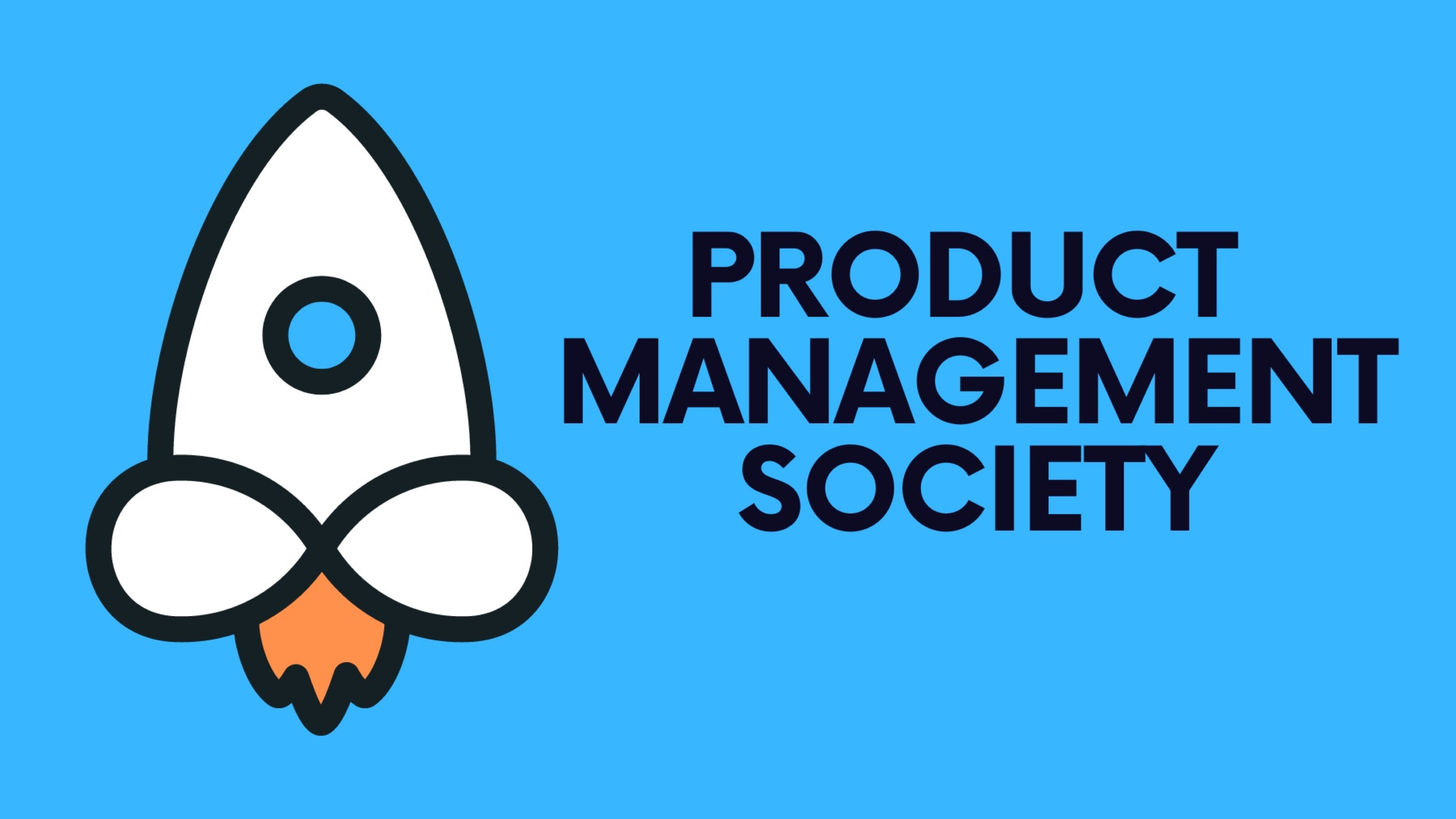Product managers play a pivotal role in the success of products across various industries. They are often seen as the linchpin that holds the product team together, ensuring that all pieces fit perfectly to meet both customer needs and business objectives. But what exactly is the key function of a product manager? This article delves into the core responsibilities and overarching purpose of this vital role.
1. Vision and Strategy Development
Defining the Product Vision:
- The primary function of a product manager is to set a clear and compelling vision for the product. This vision guides the development process and aligns the team and stakeholders with long-term objectives.
Strategic Planning:
- Product managers are responsible for developing the product strategy that dictates the roadmap and milestones. This strategy must balance market demands, technological changes, and company goals.
2. Customer and Market Research
Understanding Customer Needs:
- A critical function of product management is to deeply understand the target users' needs, preferences, and pain points. This understanding comes from rigorous market research and direct customer interactions.
Market Analysis:
- Product managers must continuously analyze market trends, competitor products, and industry shifts to ensure the product remains relevant and competitive.
3. Roadmap Development and Prioritization
Creating the Roadmap:
- Developing a product roadmap is a key function that outlines the timeline for feature releases and updates. This roadmap helps manage expectations and coordinates efforts across the company.
Feature Prioritization:
- Deciding which features to develop and when is a crucial aspect of product management. This involves prioritizing tasks based on their impact, feasibility, and alignment with the product vision.
4. Cross-functional Leadership and Communication
Leading the Product Team:
- Product managers lead cross-functional teams that may include designers, engineers, marketers, and sales professionals. Effective leadership and clear communication are essential to keep the team focused and motivated.
Stakeholder Management:
- They must also manage relationships with stakeholders, including customers, executives, and external partners, ensuring all parties are informed and engaged throughout the product lifecycle.
5. Performance Monitoring and Optimization
Tracking Product Performance:
- Monitoring how the product performs in the market is crucial. This involves analyzing user feedback, usage data, and financial metrics to assess the product’s success.
Iterative Improvement:
- Based on performance data, product managers are expected to lead iterative improvements to the product, refining features, and adjusting strategies as necessary.
Conclusion
The key function of a product manager is multifaceted, involving vision setting, strategic planning, and cross-functional leadership. At its core, the role is about bridging the gap between the market, the customer, and the internal processes of the company. By mastering these areas, product managers ensure that the product not only meets market needs but also contributes significantly to the company's success.
If you’re finding this blog valuable, consider sharing it with friends, or subscribing if you aren’t already. Also, consider coming to one of our Meetups and following us on LinkedIn ✨
Thanks for reading Product Management Society! Subscribe for free to receive new weekly posts 🚀




